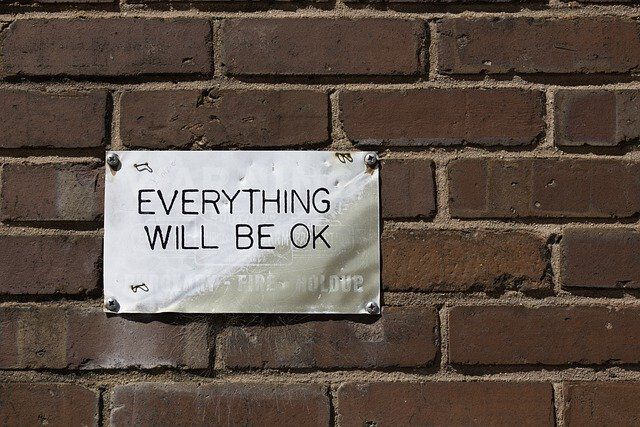
Resilience in Uncertain Times
Yom Kippur in the Jewish religion, is a day of mourning and reflection, of taking responsibility for the role we may have played in the pain of others. While Yom Kippur is always a somber day in the Jewish faith, this year is particularly difficult as we face not only a global pandemic, but also continued political turmoil, racial injustice, economic and health insecurity. Even for those of us who feel safe and secure, there is secondhand heartbreak when we acknowledge those who are suffering and ask ourselves how we may have contributed to that suffering.
Beginning again
Yom Kippur is about atonement, but it is also about redemption and beginning again. This year, Rabbi asked, “Why do we have to be resilient, and what does that mean?” Resiliency is about living through hurt and suffering to experience healing on the other side. It is about having the courage to confront the pain we are in, and the pain that we cause.
The cost of resiliency
As we examine the origin of our pain, it often means a reassessment of our values. This is true as a country, and individually. Buddha claims that experience is the ultimate teacher. We are living through a unique and often painful experience now, and what will it teach us? The challenge is to accept adversity as part of the human experience. This is not the first time humanity has suffered, and individuals are not spared suffering. Resiliency comes at a cost, as do the most important life lessons.
Unrelenting resiliency mindset
Experiencing anxiety and depression are part of finding our way to live through the darkness. The dilemma is to experience the pain, and not let it define or defeat us. How can we actually live through any struggle mindfully, and grow from it? My mother was an immigrant who left her beloved home country of New Zealand to marry her true love and raise a family on the other side of the world. Her younger, and only brother, and her husband, both tragically died in untimely and unlikely accidents, which left her reeling. After my father died by drowning, my mother suffered and didn’t “try to get over it”, but reconstructed her life and developed bonds with her grandchildren that might never have existed before. She had an
unrelenting resiliency mindset.
I think I can!
There has been much research on resilience that we can apply to our current struggle, and to any suffering. A resilience mindset means believing that “I can handle obstacles”. We have to grow our internal resources so that we can accept all parts of life in order to be fully alive. As the famous vulnerability researcher, Brene Brown says, “Only when we are brave enough to explore the darkness will we discover the infinite power of our light.” When we believe in our ability to handle something, we are in control of our effort and our attitude.
Self-compassion is key!
A key part of the resilience mindset is self-compassion. Important aspects of self-compassion include:
Self-kindness: Rather than focusing only on the negative, which is a cognitive distortion, self-kindness involves using positive self-talk, and reframing negative thinking to positive. A positive thought would be, “I’ve got this”, or “I’ve handled tough situations before, I can manage this one too”. Dr. Bonnie Zucker, a cognitive-behavioral psychologist, says in her research that when people think more positively, they grow more neurons in the left prefrontal cortex, the analytical part of the brain. This builds one’s ability to create more solutions and a sense of control.
Mindfulness: Being aware of the present moment and accepting that this is the new normal. It involves learning to tolerate uncertainty, which always exists, only now it feels at a greater extent.
Gratitude: Focus on what you have, and what you can do. Especially now, we can appreciate what we have taken for granted. Think about what is going right. There will be at least one thing that went well today. With children, ask “what were your joy points this week?” These can be small things.
Common humanity: Everyone is in the same pandemic right now, with
varying degrees of impact. Focusing on common experience is the antidote to isolation. We have all gained a new level of appreciation for the front line workers, including hospital staff, sanitation workers, grocery clerks, and teachers.
What will you tell your grandchildren?
Only by practicing self-compassion, focusing on what you do have, and
remembering to be present, can you recognize that you have control. While it may be tempting to disengage and write off 2020 altogether, what if we let experience be our teacher and look at how we can approach our new reality with these lessons in mind? Our grandchildren will learn about the Covid-19 pandemic and ask, “How did you live through it?” Let’s be able to tell them how it taught us compassion, empathy, gratitude, and resilience.